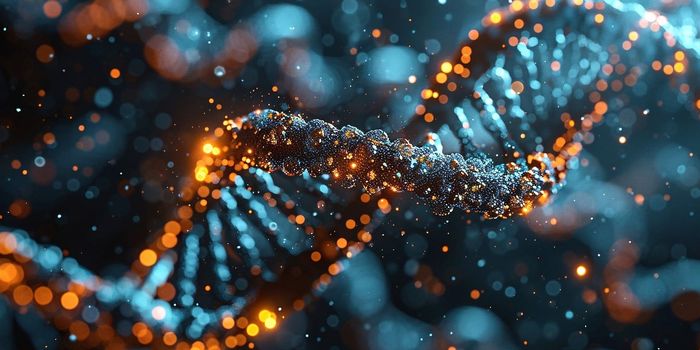Understanding How Mitochondrial Dysfunction May Cause Parkinson's
Parkinson's disease is a complex neurodegenerative disorder. While age is a major risk factor, genetics and environmental influences also play roles. Some genetic mutations have been associated with Parkinson's, for example, but not everyone who carries those mutations gets the disorder, so researchers know that other factors are at play. Parkinson's disease is also thought to affect an area of the brain where dopamine is produced; this region is known as the substantia nigra. Cells in this part of the brain die off as the disorder progresses.
When Parkinson's is due to an inherited genetic disorder, it might be called familial Parkinson's while sporadic Parkinson's has no clear inherited cause. Recent research has suggested that these forms of the disease have similar biological causes, and that Parkinson's is increasingly considered to be a spectrum disorder.
A new study has investigated the causes of sporadic Parkinson's (sPD), and has suggested that a neuronal pathway related to mitochondria, the cell's powerhouse organelle, is involved. The work, which has been reported in Molecular Psychiatry, suggested that due to this blocked pathway in sPD, dysfunctional mitochondria accumulate in neurons. The cells don't get enough energy, and they die. This loss of neurons leads to dementia and sPD symptoms.
The blocked pathway is caused by dysregulation in an immune pathway involving the type I interferon response, which is thought to help neurons fight viruses. This work confirms previous research; type I interferons and mitochondrial dysfunction have previously been implicated in the pathology of some Parkinson's.
The immune system has to be carefully controlled. "If we get an infection, parts of our body need to fight it and stop it from replicating. But when the infection is cleaned up, the signal should subside. This is the job of a protein called PIAS2. That causes the blockage of the type I interferon-pathway, and when the infection is over, the blockage should stop and go back to normal. But that does not seem to be the case in patients with Parkinson's disease," explained corresponding study author Professor Shohreh Issazadeh-Navikas of the University of Copenhagen.
"We further demonstrate that this dysregulation leads to a defect in the mitochondrial energy supply, as mentioned before," added Shohreh Issazadeh-Navikas.
In this work, the researchers assessed gene expression in neurons, including some from Parkinson's disease patient brains, and patients who also had dementia. When the work revealed the association with the type I interferon pathway, the researchers assessed PIAS2, a regulator of the pathway, in a mouse model.
A buildup of PIAS2 protein was occurring, blocking the pathway and leading to a buildup of "mitochondrial garbage," said Shohreh Issazadeh-Navikas.
"The accumulation of damaged mitochondrial mass further leads to increase of other toxic proteins. So when we compare patients to same-aged healthy patients without Parkinson's disease, we see that this PIAS2 protein is highly expressed in the neurons, which is why this pathway should be evaluated for potential roles in the other forms of familial Parkinson's disease that we have not studied here," suggested Shohreh Issazadeh-Navikas.
Sources: AAAS/Eurekalert! via University of Copenhagen - The Faculty of Health and Medical Sciences, Molecular Psychiatry









